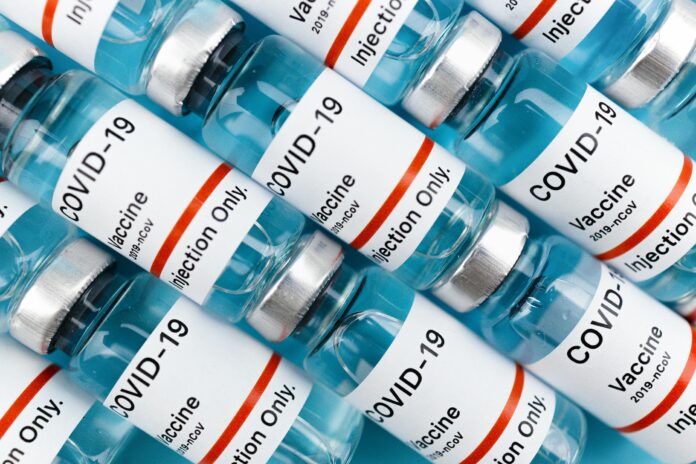Canadians hoping for a speedy boost to domestic vaccine production might be disappointed. A new Sanofi vaccine factory in Toronto, initially promised to be operational by 2026, has been delayed.
Matthieu Puyet, the Toronto site head for Sanofi, recently announced that the factory won’t be producing vaccines until 2027. While construction will be completed on schedule, the facility needs to undergo regulatory approval before it can begin production. Sanofi Canada’s head of communications explained to CTV News that “[t]he first commercial batches are expected in 2027.”
This news comes despite Canada’s significant investment in building domestic vaccine manufacturing capacity. During the COVID-19 pandemic, Canada struggled to secure vaccines because it lacked the ability to produce them domestically. This resulted in higher costs and delays in obtaining essential shots.
Building domestic capacity
In response, the federal government pledged over $1.3 billion to fund 12 new or expanded facilities to produce vaccines and antibody treatments. Prime Minister Justin Trudeau emphasized the importance of domestic production, stating:
“During the pandemic, we promised that we would rebuild our capacity to produce life saving vaccines here in Canada… This is important to protect our health and to protect ourselves against future pandemics.”
The goal is to reduce Canada’s reliance on imported vaccines, which can lead to delays and higher costs. The opening of the new Sanofi plant for whooping cough, diphtheria, and tetanus vaccines is a positive step, but many of the ambitious timelines haven’t been met.
Challenges and setbacks
In 2020, during the height of the pandemic, Trudeau announced that the National Research Council (NRC) would be producing millions of vaccine doses by the end of 2021. However, in mid-2024, the NRC’s new Biologics Manufacturing Centre in Montreal — while capable of producing vaccines — is not yet operational. Negotiations with Maryland-based Novavax, a potential partner for vaccine production, have been ongoing for years but haven’t resulted in a deal.
An NRC spokeswoman clarified that the federal government is covering the operational costs of the Biologics Manufacturing Centre to ensure it’s ready when needed.
Another project facing delays is the Moderna plant in Laval, Quebec. This facility, which will produce mRNA vaccines, is expected to be operational in fall 2025 — a year later than the initial target. While Canada isn’t financing this plant, it has agreed to purchase the vaccines produced there.
While there have been setbacks, Canada’s investment in domestic vaccine production is ongoing. The new Sanofi facility will eventually increase production of essential vaccines, and other projects, though delayed, show promise for the future.
However, these delays highlight the challenges of building domestic manufacturing capacity, a complex process that requires time and careful regulatory oversight.







































